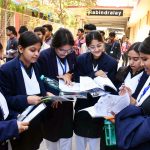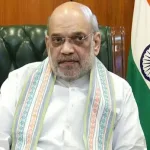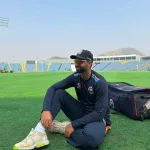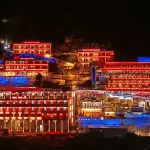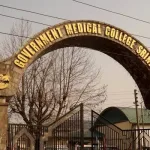Those who have lived their lives in the early 1980’s and then in the 1990’s know it well that the situation of electricity was dismal due to transmission losses. Life in Kashmir valley during those days was pathetic as people had to huddle together in severe winter months to save themselves from the chilling cold. Not only that, even Srinagar city was devoid of regular power supply both during the day and in the nights of harsh winters. If this was the state of the Srinagar city and its sub urban areas then one can imagine what might have been the condition of power supply in the villages and the remote areas. Students had to study under the kerosene lamps even though there was no death of legal electric connections. Thefts were a common phenomenon those days as thieves took advantage of the darkness on the streets and complete black outs. Theft of brass water taps was very common as the bathrooms and toilets were usually located in the compounds outside the main house. Life was made miserable for the people in spite of the so called amenities being available that included the always dysfunctional electric supply. It was during the festivals that people suffered the most. Non availability of the electric supply on even the auspicious days like Eid and Herath (Maha Shiv Ratri) didn’t allow the people to do prayers and enjoy festivities with comfort. Now after decades, the generation that was in the schools then and witnessed the dysfunctional power supply in the valley and even in Jammu has come of age. But again when the e-metering has been done and smart meters are supposed to regulate the power supply and keep track of the transmission losses, the power supply remains dismal on festival days or on the eve of festivals. This is not confined to Kashmir but Jammu as well. When the preparations for the Herath (Maha Shiv Ratri) were in full swing by the devotees. In some areas in Jammu people witnessed day long unscheduled power cuts. Even on the Herath some areas were without electricity. This raises questions about the power management in Jammu and Kashmir when the consumers are adhering to the smart meters. Earlier PDD had shifted to pre pre-paid billing system but it too didn’t go anywhere. It had to ultimately shift again to the traditional billing system. Many customers have been left high and dry as the balance advance amount that was existing in their accounts has not been adjusted so far. Bills are still not up to the customer’s satisfaction. This raises many questions. What is the use of adopting the new age technology when customers are not being served with efficiency even when they are adhering to the billing in time. Having no electricity on religious festivals is even more unfortunate as it brings the inefficiency of those who are meant to serve the public to the fore. Now the Ramadan is round the corner and people will devote their time towards the spiritual activities across Jammu and Kashmir that will ultimately lead to the celebration of Eid. Uninterrupted power supply must be the priority of the PDD authorities so that devotees can offer their prayers without fail. We cannot afford to go back to the dark ages again as people of Jammu and Kashmir have already suffered a lot. People of Jammu and Kashmir deserve better electricity supply. Will the authorities pay any heed?
Electricity Supply during Festivals in J & K

Sign Up For Daily Newsletter
Be keep up! Get the latest breaking news delivered straight to your inbox.
By signing up, you agree to our Terms of Use and acknowledge the data practices in our Privacy Policy. You may unsubscribe at any time.
Leave a Comment Leave a Comment
Stay Connected
Latest News
Recent Posts
- HM Amit Shah to visit Jammu, assess situation in flood-hit areas
- J&K speedster Auqib Nabi becomes first to take four wickets in four balls in Duleep Trophy
- SMVDSB refutes ‘negligence’ claims on pilgrim tragedy
- GMC Srinagar achieves Accreditation for Postgraduate FNB seats in Pediatric Nephrology
- Jammu-Srinagar NHW to remain closed tomorrow, Traffic Police issues fresh advisory


